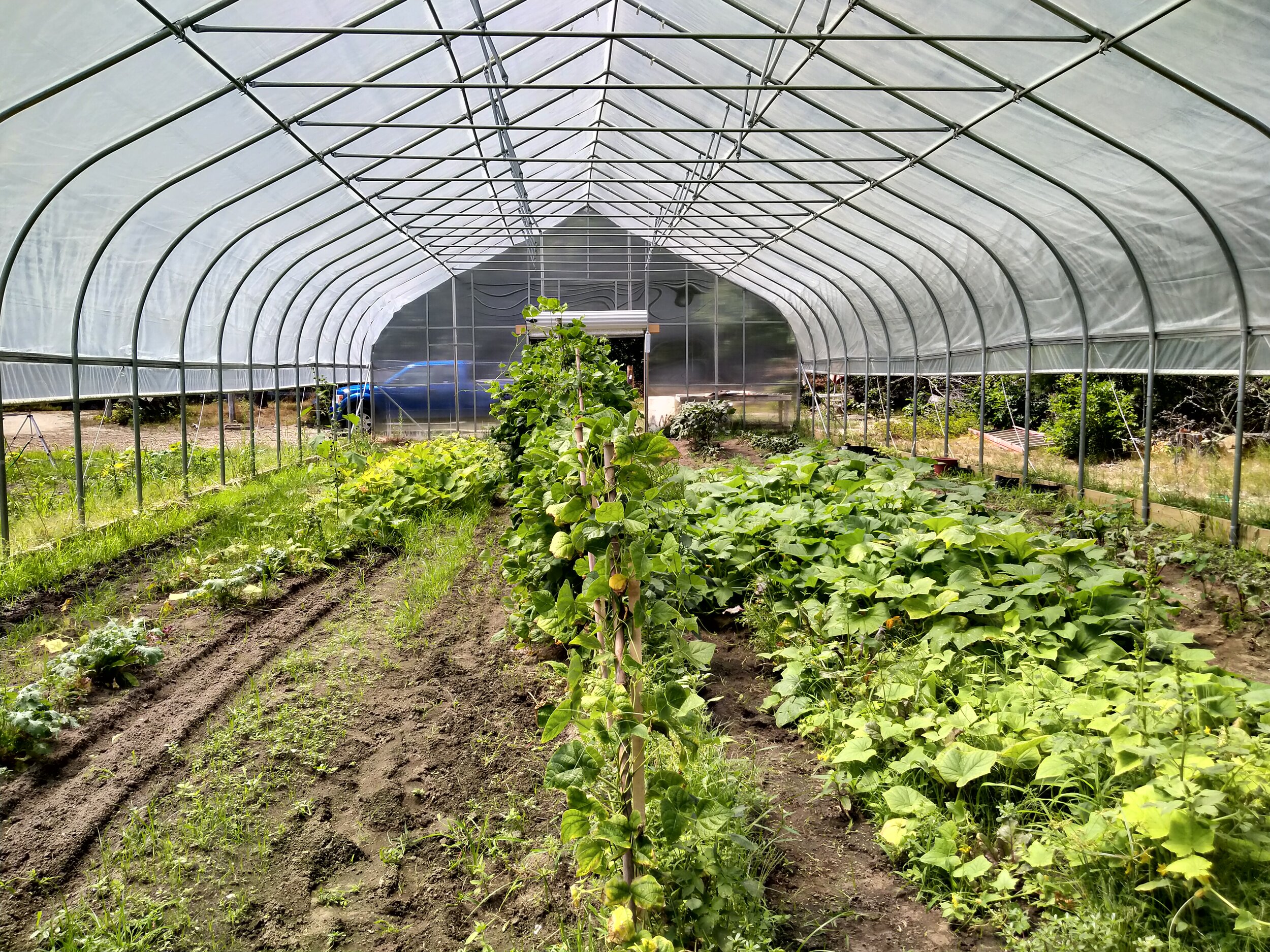
Mashpee Wampanoag Food Sovereignty
A large number of Tribal Nations have developed food sovereignty initiatives on a number of Native American reservations in recent years. Restoring Native food systems is an immediate and fundamental need for the continued survival, and physical and spiritual wellbeing of Native peoples now and into the future. This translates into support for Tribal self-determination, wellness, cultures, values, communities, economies, languages, families, and rebuilding of relationships with the land, water, plants and animals that sustain them. These tribal efforts aim to restore a healthy diet to combat diseases such as obesity and diabetes, but they also fight generations of assaults on the health of tribal existence. According to the 2015-2016 First Nations Development Institute food sovereignty report, “local food system control is foundational to reversing years of colonization aimed at the disintegration of cultural and traditional belief systems and dismantling of Native social and economic systems. If Native communities control local food systems, food can become a driver for cultural revitalization, improving community health and economic development.”
As part of this effort, the Tribe has constructed two large hoop houses to grow native plants that have been traditionally used for medicine, food and spiritual needs. In addition to ensuring survival of these sacred plants amidst the growing threats of climate change and advancement of invasive species in the natural landscape, this important project will also provide a source of physical, medicinal and spiritual nourishment for the Mashpee Tribal members who often lack access to these traditional plants in the natural environment.
The Mashpee Wampanoag Tribe has agreed to partner with Engineers Without Borders-Boston Professional Chapter in developing a pressurized irrigation system that meets the water demand of the newly constructed facility. The current operation consists of an existing 6-inch drilled well with a submersible pump and hydropneumatic tank, and a 2-inch main that is installed from the pump/tank system to a juncture, where currently hoses are installed to provide water supply to the facility. However, there is inadequate pressure and flow to deliver the water necessary to meet the irrigation needs. The Tribe seeks assistance in evaluating the capacity of the pump, tank, and pressure system and designing a new system that will meet the irrigation water demand for this important project. EWB-BPC volunteers will work with Chuckie Green, the director of the Tribe’s Natural Resources Department, and Donald Peters, the Director of the Title VI Nutritional Services Program, to evaluate the existing system. System components to be assessed include the pump capacity, static and pumping water level, hydropneumatic tank size and pressure settings, hydraulic losses from the tank to the food sovereignty facility, and system demand. EWB-BPC has been able to complete two site visits during the pandemic and have written a report to detail our recommendations.
If you are interested in being a part of the team or learning more about this project, please email Cassie Schwartz at localprograms@ewbboston.org.






